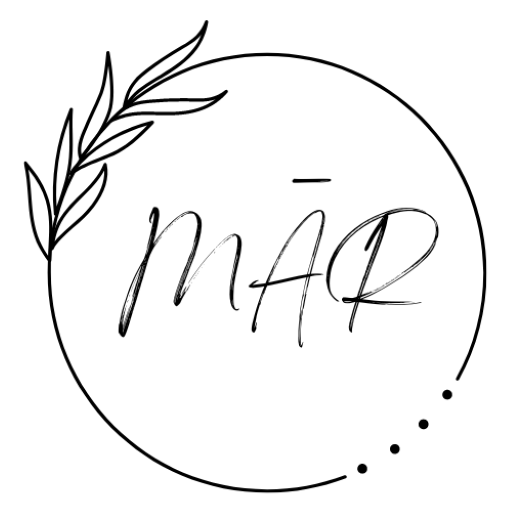By Lynn Jaffee, Epoch Times
Here are some ways that keeping a journal can be good for you:
It Gives You Clarity
Writing down your thoughts while they’re fresh allows you to place them somewhere and then let go of them. This means you can later return to emotional entries that were written during the heat of a moment and process what was happening at a time with a little bit of distance and a calmer mind. Returning later to emotionally charged journal entries often gives you valuable insights that you didn’t have the capacity to see while you were writing.
It Reinforces Your Memory
Scientists have found that you’re far more likely to remember something if you write it down. But there’s more to it than that. While you may remember an incident from the past, the details tend to fade over time. Going back and reading a journal entry about it reminds you of the emotions and smaller details attached to that event. And writing in your journal encourages you to relate to your surroundings and life events in a deeper way, which actually boosts your memory and prevents cognitive decline as you age.
Journaling Can Help Make Sense Out of Chaos & Organize Your Emotions
Writing it down can help you prioritize what’s important, understand what’s happening, and let go of the trivial stuff that’s just getting in the way.
Your Journal Can Be a Great Conduit for New Ideas
Brainstorming in private is a way to pull on threads of new ideas without any criticism from the outside world. It allows you to try out new concepts, write about your dreams and find inspiration. Once they are written down, you can let them sit and marinate or you can continue to develop the ones that speak to your heart.
Journaling Seals Past Events in Memory
When you remember an event that occurred in the past, you’re really just remembering the last time you thought about it. It’s been picked apart and tossed around in your mind until the memory isn’t an accurate representation of what actually happened. by contrast, when you write about an event, it safeguards it through time. The means that your written record of what happened prevents the memory of that event from becoming distorted by time. Keeping a journal helps preserve clear mental images of your memories.
It Helps Process Trauma
Writing about traumatic events can be a helpful way of working through powerful negative emotions. It helps make sense of the trauma and frees up your brain from the hard work of processing disturbing emotions.

